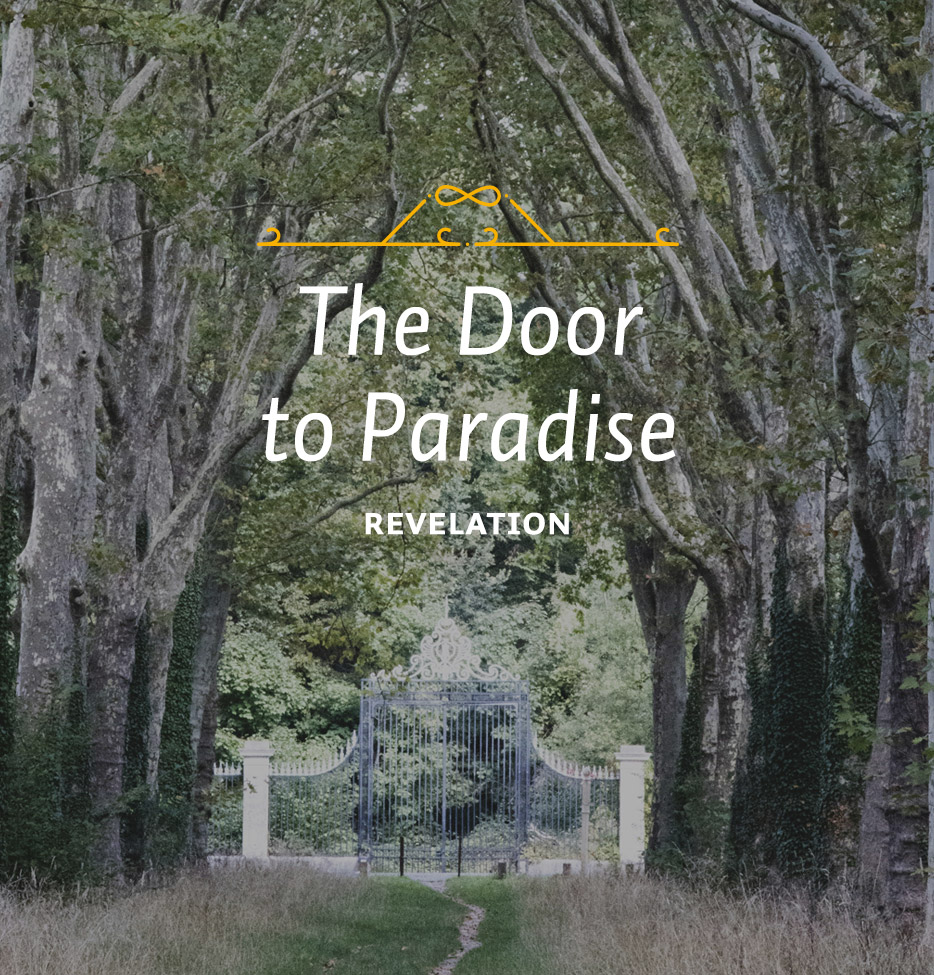Martin Luther said at one point that when God created the man, He created him perfect and therefore stronger than the lion and faster than the lynx; and with eyesight that was sharper than the eagle’s. That would presumably have been true of the woman as well. But in addition to those qualities, she had a beauty and a grace that far exceeded Adam’s. She made the “Bionic Woman” and “Wonder Woman” look sick. There was a woman and no wonder Adam burst into poetry when he saw her.
So now we have this paradise, a perfect place, with a perfect man, being given perfect work to do, and with a perfect companion. And yet, as we know, through the temptation of Satan in the form of the serpent, Adam turned his back on that paradise because he turned his back on God and he sinned. And now there was no longer a perfect man, and there was no longer a perfect companion; and because God’s judgment fell upon the earth as well as upon our first parents, there was no longer a perfect place and work. It was no longer enjoyable but rather it was to be by the sweat of his brow that Adam was to, as we would say, make his living from the earth. God stationed that angel at the doorway to paradise to forbid a return.
And then we go on through the Bible and we come to Revelation. Just as we learned about this first Utopia in the second chapter of the first book of the Bible, so we come to the second Utopia described in the second to last chapter of the last book of the Word of God. Here you have this wonderful description of a second paradise: “And I heard a loud voice from the throne saying, ‘Now the dwelling of God is with men, and he will live with them. They will be his people, and God himself will be with them and be their God. He will wipe every tear from their eyes. There will be no more death or mourning or crying or pain, for the old order of things has passed away’” (Rev. 21:3-4).
A second paradise, yes, but which in a certain sense has reference to the first. In the opening two verses of chapter 21 John sees things that he describes as “new.” He writes of a “new heaven” and a “new earth,” as well as the “new Jerusalem.” Then in verse 5 the Lord Jesus Christ says to John, “I am making everything new.” Why? Because it all had been ruined and here in a certain sense is God starting again and creating a paradise which is perfect and which is defined in His perfection in relationship to the imperfection of what fell from the first.
You ask, “What is it that makes it perfect?” Well, the first thing John describes is the presence of God. You may wonder why this makes it perfect, since God was present in the Garden of Eden, which in spite of God’s presence did not retain its perfection. Before the fall God came regularly in the garden to fellowship with the man and the woman, to converse in the cool of the garden in the evening. And yet when the man and the woman fell that communion with God was broken; and when God came to them after their rebellion He came in judgment and pronounced a series of tragic consequences that resulted from their sin. Ever since, it’s been the case that because of our sin, far from seeking God, we run from Him and we do precisely what’s described so clearly in the first chapter of Romans: we seek out our own way and we enter upon a downward path of sin. If we persist in that path, God eventually responds in judgment by giving us up to the awful consequences of our sin.






